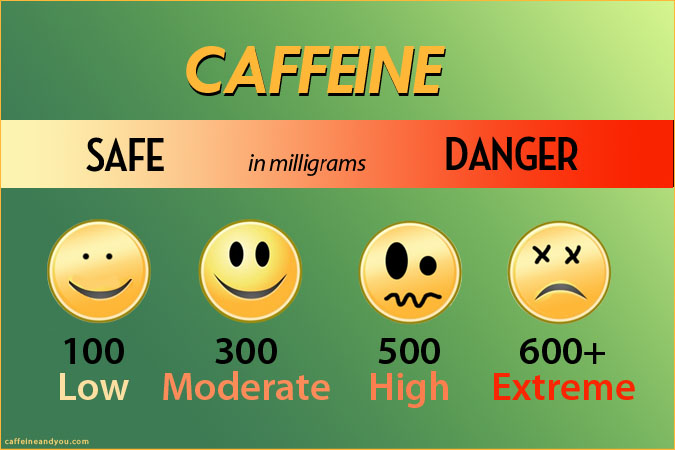
They concluded that while the cerebrovascular adenosine system can compensate for high caffeine intake, its ability to do so is minimal. However, those who consumed high amounts of caffeine showed a trend toward reduced cerebral blood flow compared to low and moderate consumers. In either situation, caffeine is a neurostimulant that causes cerebral vasoconstriction by antagonizing adenosine receptors 5.Īnd although chronic caffeine use leads to adaptation of the vascular adenosine receptor system likely to compensate for the vasoconstrictive effects, reduced blood flow to the brain may be why some people feel dizzy after consuming caffeine.Ī 2009 study looking at the effects of caffeine intake on cerebral blood flow found that caffeine reduced CBF by an average of 27% for people consuming high and moderate amounts 5. Because caffeine metabolism differs between individuals, some people can experience adverse reactions to low doses of caffeine, while others experience minimal, if any, reactions to high amounts of caffeine. However, many of these benefits are based on how your body reacts to caffeine.

In moderate doses, caffeine can improve 4: Regarding performance, some research suggests that caffeine can also trigger the release of certain catecholamines, specifically epinephrine, that directly and indirectly improve exercise performance by inducing secondary metabolic changes 2, 3. Its role as an adenosine antagonist is the mechanism behind many of its profound mental and anti-fatigue effects, but it’s also why it leads to more energy, better focus, increased alertness, and overall better performance. In more severe cases, symptoms of a caffeine overdose present as:Ĭaffeine is a stimulant that acts on the central nervous system to upregulate brain activity, increase alertness, and enhance cognitive function. Some of the most common symptoms of excessive caffeine intake include: Caffeine overdose happens when you consume excessive amounts above the recommended intake level.Įxcessive caffeine intake can lead to a state similar to intoxication, called caffeinism, characterized by restlessness, agitation, excitement, rambling thoughts and speech, and insomnia 1 it has deleterious effects on the nervous system, which can produce a variety of unpleasant symptoms ranging from depression and irritability to insomnia and loss of appetite. Side Effects of Caffeine IntakeĪlthough even moderate caffeine intake can produce some nasty side effects for some people, the side effects become more pronounced as you close in on caffeine overdose territory.


This article gives you an overview of why caffeine can cause dizziness, other effects you may experience, and our best tips to avoid any unpleasant side effects. While caffeine offers many benefits for physical and mental performance, it could lead to some unwelcome side effects if it’s the first thing you’re consuming before water and food.ĭizziness is a common side effect of caffeine consumption on an empty stomach and in high doses, and if you’re not keen on seeing stars every time you pound back a cup of joe or a scoop or pre-workout, there are simple tweaks you can make to reduce caffeine’s side effects. Are you someone who reaches for caffeine the second you’re out of bed? It’s your lifeline for functioning like a human being day in and day out.


 0 kommentar(er)
0 kommentar(er)
